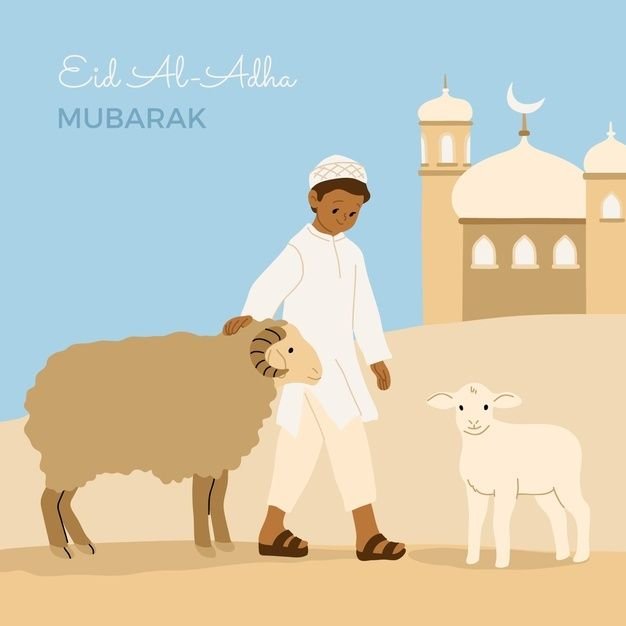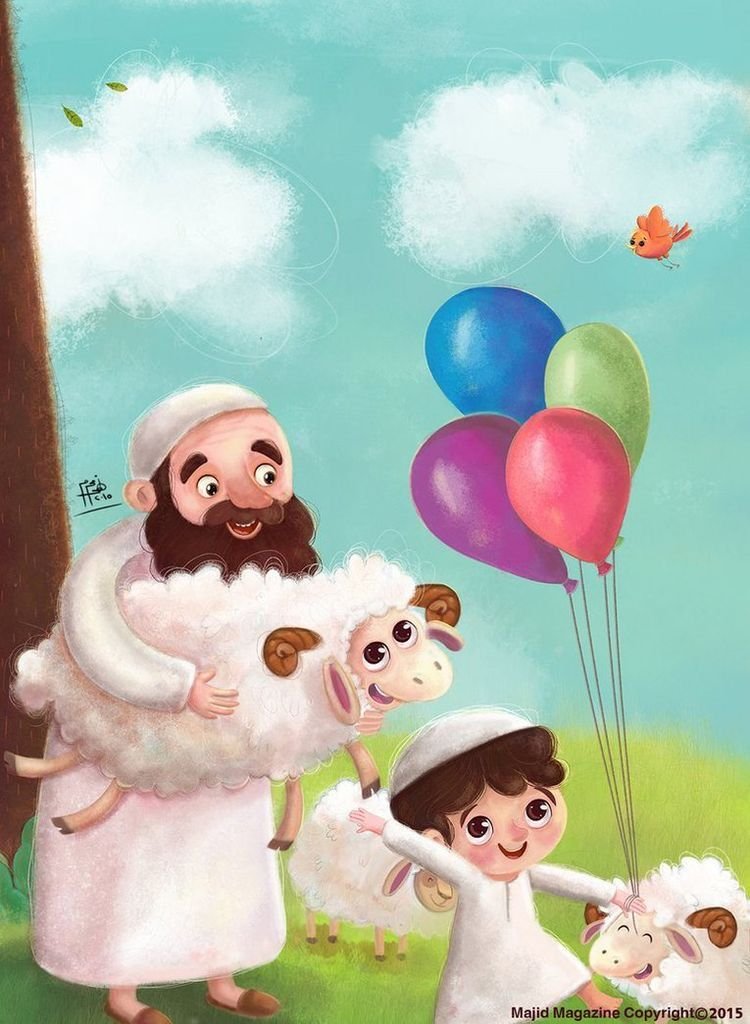
Eid ul Adha, also known as the festival of sacrifice, is celebrated by Muslims across the world to commemorate Prophet Ibrahim’s willingness to sacrifice his son, Ismail, as an act of obedience and devotion to God. The festival is celebrated on the 10th day of Dhu al-Hijjah, the last month of the Islamic calendar. One of the highlights of the festival is the Qurbani or sacrifice of an animal, which is performed by Muslims as a way of expressing their gratitude and devotion to God.
The term Qurbani comes from the Arabic word “Qurban,” which means sacrifice or offering. According to Islamic tradition, every Muslim who has the financial means must offer a Qurbani on the day of Eid ul Adha. The act of Qurbani involves the slaughtering of an animal, usually a goat, sheep, cow, or camel, in the name of Allah, with the intention of distributing its meat among family, friends, and the less fortunate.
Why do we perform Qurbani?
Several reasons account for the practice of Qurbani on Eid ul Adha.
Gratitude to Allah: One of the primary reasons for performing Qurbani is to express gratitude and devotion to God. The act of sacrificing an animal is considered an act of worship, and Muslims carry out this ritual to reaffirm their faith and commitment to Allah. It is a way of acknowledging the blessings and bounties of God and expressing gratitude for those blessings.
Obedience to Prophet Ibrahim: Another reason why Muslims perform Qurbani on Eid ul Adha is to emulate the example of Prophet Ibrahim. As mentioned earlier, Prophet Ibrahim was ready to sacrifice his only son, Ismail, in obedience to the commands of Allah. The narrative of Prophet Ibrahim’s story serves as a reminder to Muslims of the importance of faith, submission, and sacrifice in their own lives.

Social Benefits: Moreover, the practice of Qurbani also has social benefits. By offering a sacrifice, Muslims get an opportunity to share their blessings with others. The meat of the sacrifice is usually divided into three parts, one for the family, one for the friends and relatives, and the last part is supposed to go to the needy and deprived individuals in the community. Qurbani is thus seen as an act of charity and goodwill towards others and serves to foster a sense of community and solidarity among Muslims.

The practice of Qurbani on Eid ul Adha is an essential part of the festival’s celebrations. It represents the ideals of faith, sacrifice, and devotion, and serves to bring Muslims closer to Allah. The act of Qurbani is also a reminder to Muslims of the importance of sharing their blessings with others and promoting social harmony and goodwill. As the world navigates through challenging times, it has become even more crucial for us to reach out and help one another. Qurbani serves as a testimony to this spirit of togetherness and kindness.




